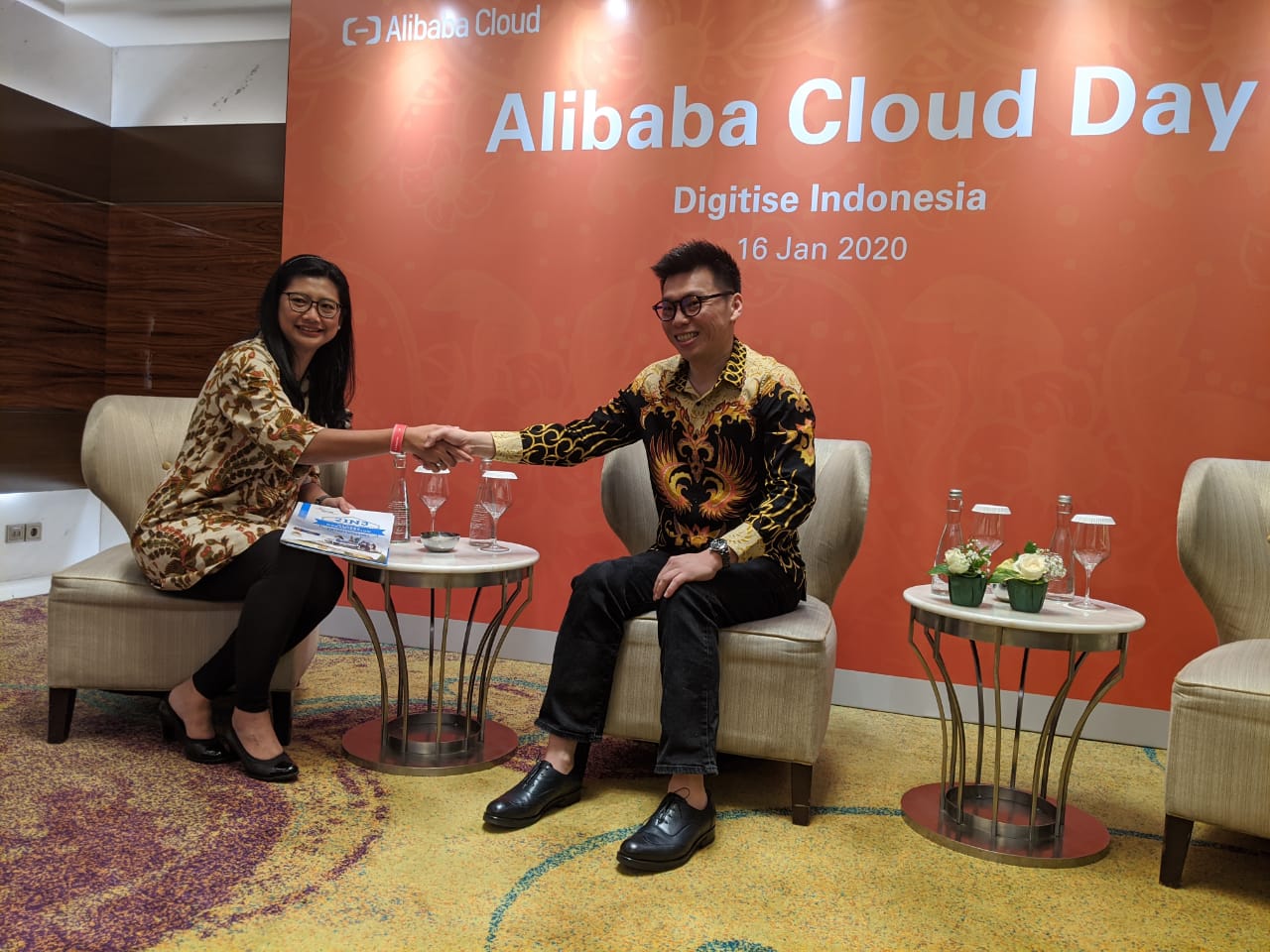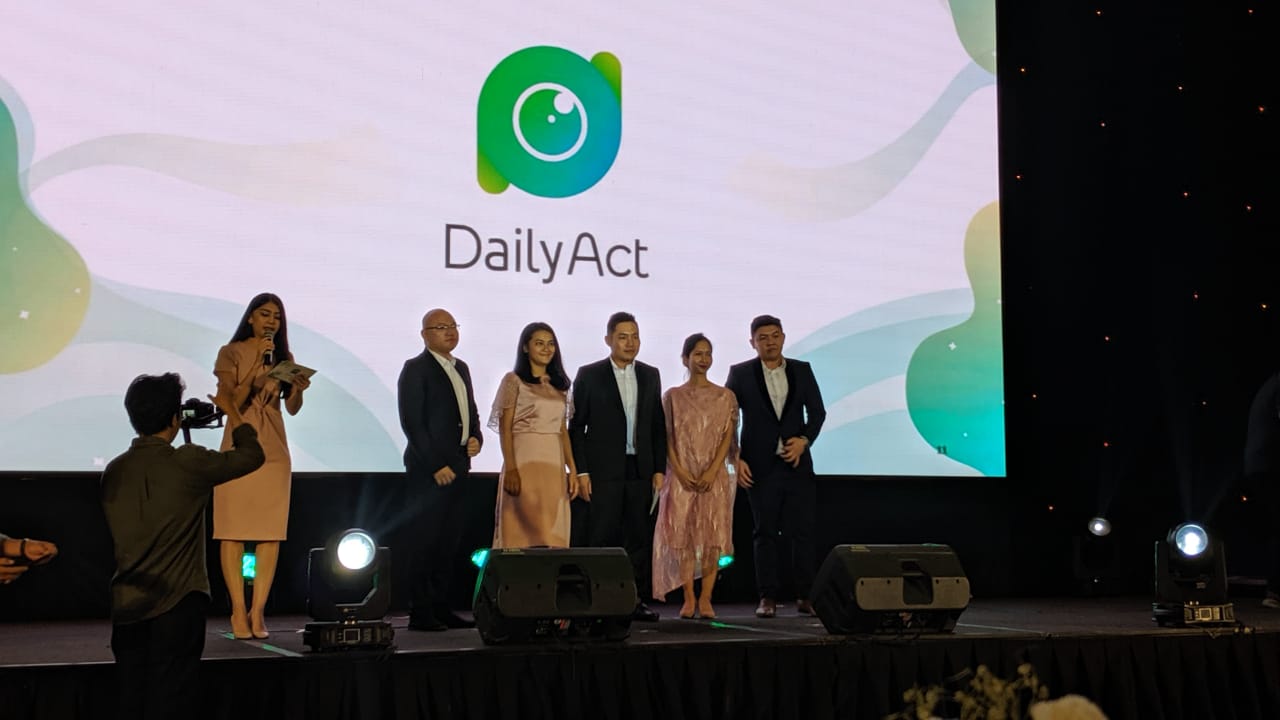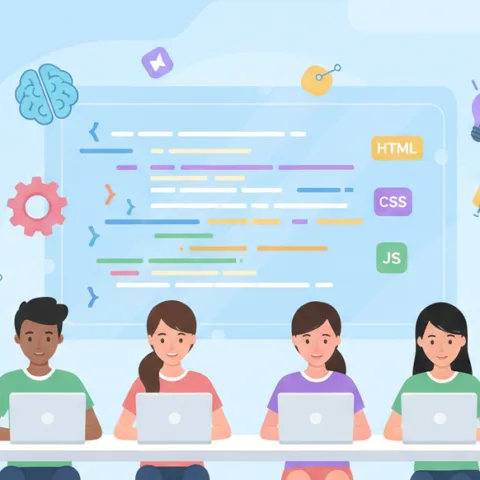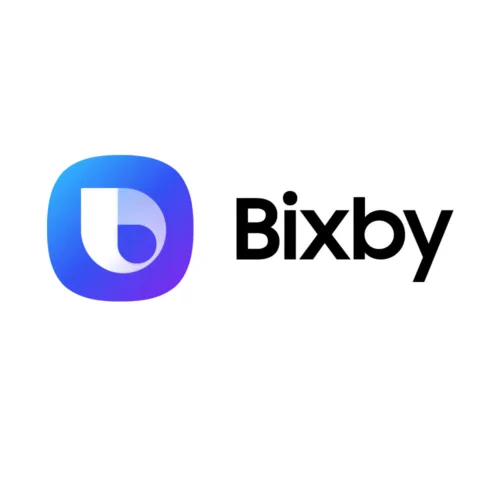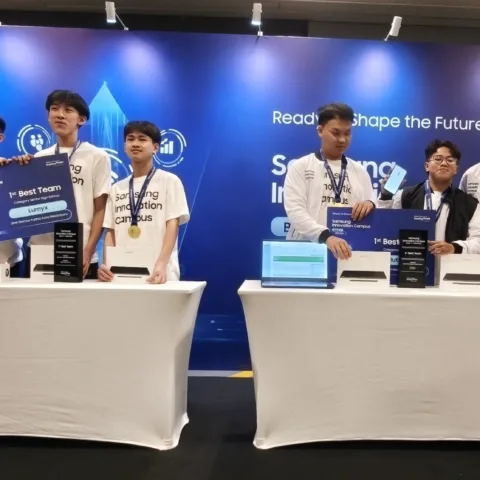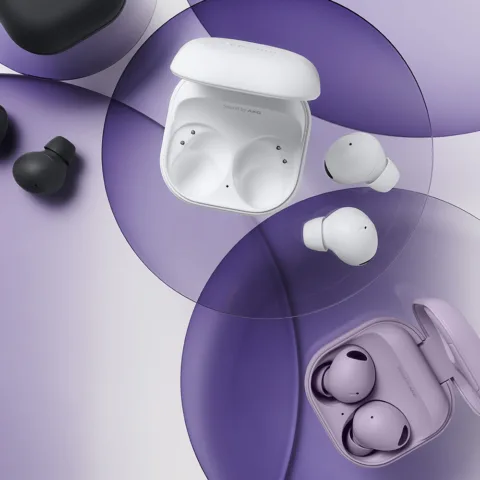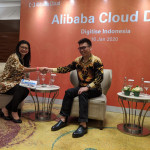When asking about the most well known or successful mobile devices, platforms, and Internet services, the expected answers would be iPhone, Android, Facebook, Twitter, Google, and so on. These names tend to dominate the discussion among industry insiders primarily because the majority of them use those products and presumably it’s what certain surveys and discoveries show, which tend to reflect consumers aged 25 and above. But what about the teens or university students? How do they see the tech landscape?
Teens in USA
This post by Josh Miller on Medium showed that teens, at least in his teenaged sister’s particular circle, see the technology world in a different way. They don’t use Twitter, they post different kinds of photos on their Instagram accounts from the ones he does, they use Facebook but they hate it, they use Snapchat which allows for messages to self destruct after like they do on Mission Impossible.
To them, Tumblr is a photo service in which people share amusing and mind blowing images but nobody they know post their own content on it. They use FaceTime and messaging apps like iMessage, Facebook Messenger, and Kik.
A follow up take by Justin Hoenke, also on Medium, paint a different picture. His observations took place in a teen-oriented library in Maine in which teens there do use Facebook but they also don’t use email. Their main source of entertainment? YouTube.
One group of teens used Twitter as a messaging service like you would with WhatsApp or any other messenger app, but a younger group sees Twitter as a way to keep track of their favorite idols and celebrities and not as a messaging service. Instagram and snap chat? Not in use. As for video calls, Skype is at the forefront of the minds of this group of teenagers at the library.
Teens in Indonesia
So what’s it like in Indonesia? We decided to do a couple of approaches. We conducted one small group discussion among university students at the Senayan campus of Bina Nusantara University in Jakarta last week and currently a survey is being done at SMA 8, a senior high school, also in Jakarta. The school just started again today so we hope to gain enough responses from the students very soon.
The group discussion at the university yielded a number of insightful and sometimes amusing discoveries of how university students view today’s consumer technology landscape. Worth noting that participants of this discussion were 18-20 year old students from different parts of the country, not just Jakarta.
Would ditch BlackBerry if it weren’t for BBM
In general, these students tend to use iPhones, BlackBerries, and Android phones –primarily Samsung, and most tend to have two devices, a BlackBerry and one other. This is no different to the general trend across the older generations and should not come as a surprise.
The BlackBerry in Indonesia is still seen as the default device that people use to communicate with each other mainly because of BlackBerry Messenger, without which, most of them wold have ditched the BlackBerry long ago.
Despite the availability of PCs on campus, the students prefer to use their own notebooks which happen to be MacBooks (Air or Pro) and only a handful use Windows-based laptops. The primary use of their computers tend to be for Microsoft Office apps as well as casual use such as taking photos, going online and watching videos.
Nearly all of those activities can actually be done on their phones but when they already have their computers open for work, it’s more convenient that way and they won’t run into the dreaded “video not available on mobile” issue that seems to be plaguing YouTube.
Twitter or Facebook?
Twitter is no longer their way to update status or share things. The main use for the service is to follow gossip, catch up on epic Twitter arguments (or Twitwars as they are endearingly called in Indonesia), and to stalk people as well as read news.
Basically Twitter is their source for information. They follow accounts such as @tmcpoldametro and @lewatmana for traffic info, @detikcom and @kompascom for news. They said Twitter is stagnant, used by people only to seek attention but they do find Twitter entertaining thanks to the twitwars and jokes shared on the network. “I’m on Twitter for the drama”, said one of the students.
Status updates are posted on the BBM network instead of Twitter or Facebook and they use Foursquare to arrange for meet ups. They don’t post status updates on Facebook because their family members are there and they would like to avoid questions and being judged. Clearly Facebook has failed in informing its members of lists or the ability to post updates to selective groups only.
These students think Facebook is annoying but they think it’s important at the same time. Annoying because there’s plenty of “alays”, teens who tend to randomly comment, tag people, and post frivolous updates.
They said Google+ looks like the serious side of Facebook. While in general they have favorable comments about Google+, it’s too quiet for them and many of their friends are not there yet. They like it because it’s free of the “alays” that populate Facebook, but then perhaps they just haven’t used it as much because these “alays” are definitely there.
Oh, they don’t blog because it’s complicated. They don’t want to have to think about what to post and where to draw inspirations from. Photo sharing and messaging are by far the most preferred way to share their thoughts and moments because they’re immediate and require little to no consideration and when they post photos, they don’t like to use filters.
Don’t miss part two of this discussion which talks about the issue of photo and video sharing through Facebook and Instagram, the use of instant messaging apps, and a brief look at their views on online shopping.


